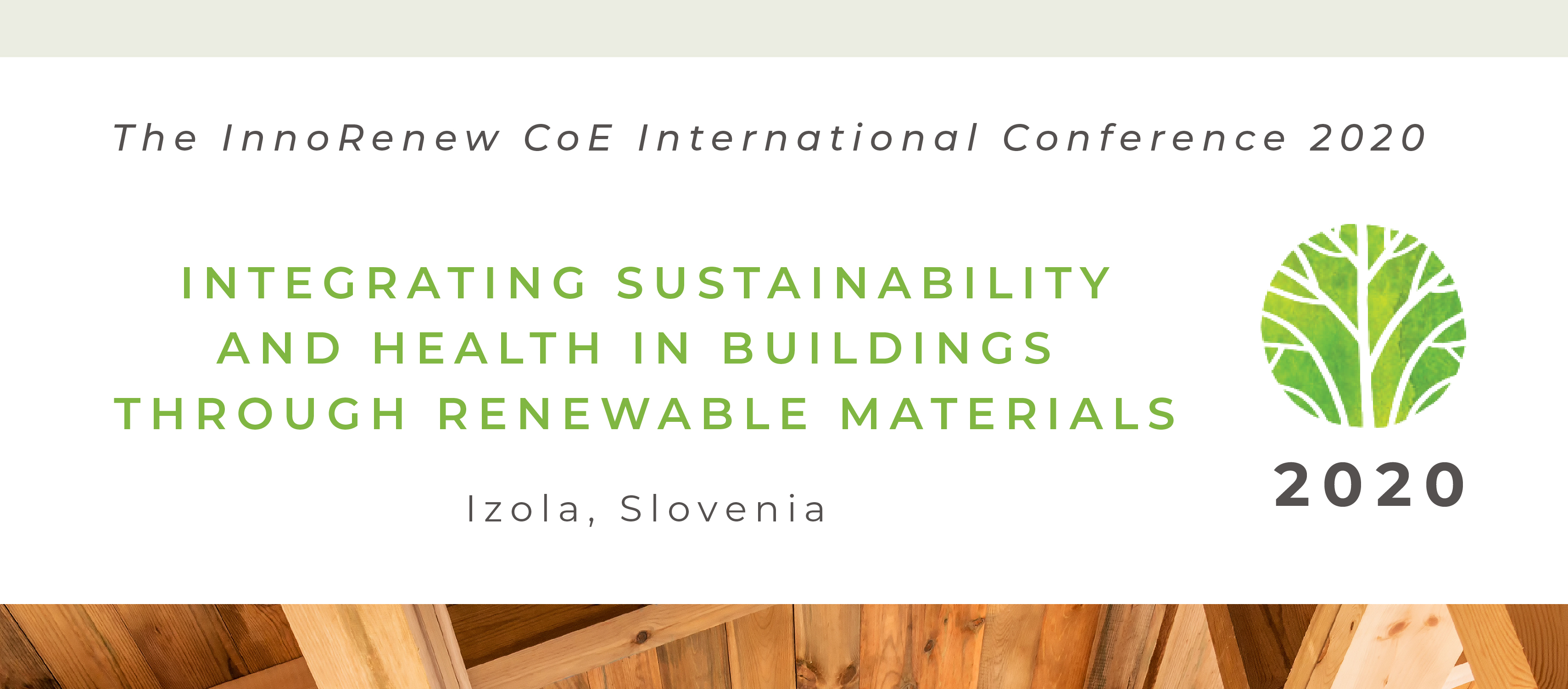Speaker
Description
It has been shown that certain indicators of human stress can improve in interior spaces with visible wood (e.g., Burnard and Kutnar, 2019). Due to the scarcity of studies, additional research is needed to confirm and clarify current findings. Ideally, human stress responses in indoor environments should be captured by combining measures of physiological arousal, affective states, and cognitive performance (Parsons and Tassinary, 2002). However, it is challenging to reliably elicit a stress response in humans and select appropriate measures and timing of their administration. Additionally, because small effect sizes are expected, appropriate experimental design and sample sizes are required.
The primary aim of this pilot study was to examine if a mental arithmetic task performed before an evaluative audience can lead to a stress response and recovery that is reflected in the selected measures of affective states (i.e., pleasure and arousal single-item scales), cognitive performance (Attention Network Test; Weaver, Bédard, and McAuliffe, 2013), and electrodermal and cardiovascular activity.
A convenience sample of 20 participants completed the study. After stress was induced in subjects (5 minutes), half of them relocated to a desk made of light wood and the other half moved to a desk covered with a plain white cloth, where they rested for 10 minutes before completing the cognitive task (5 minutes). The physiological activity of the subjects was measured continuously throughout the entire study protocol, while the affective states were assessed twice, immediately after the stress-inducing activity and directly before completing the cognitive task. The analysis of the results examines the suitability of the study protocol together with the selected stress-inducing activity and measures capturing physiological, affective, and cognitive performance outcomes. Recommendations for future studies are discussed based on the findings.
| Consider my submission for a full-paper in the IPBE special edition for the conference? | Yes, please. |
|---|

